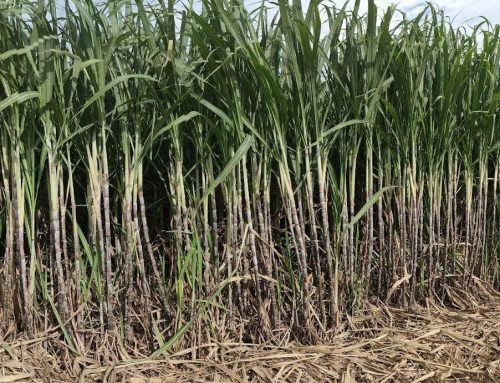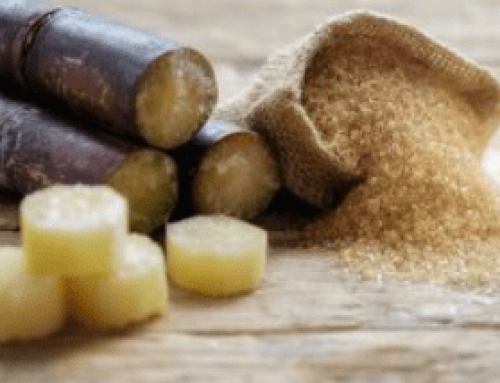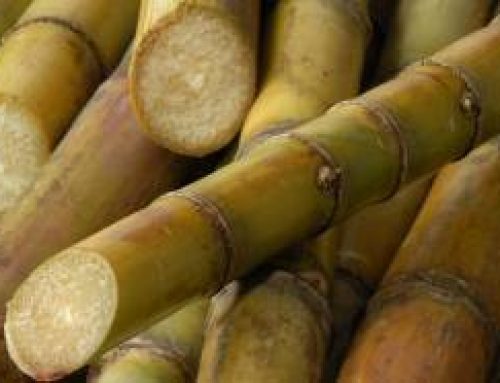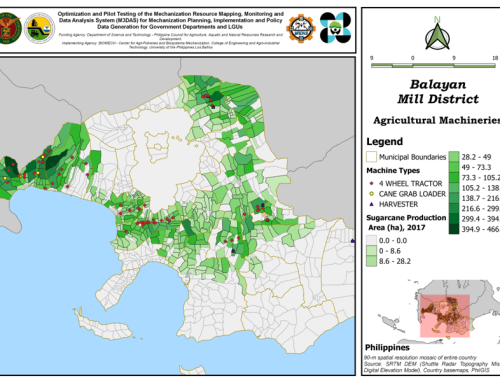In this Article

With the use of markers for disease resistance, susceptible varieties can immediately be eliminated possibly in one screening only. Thus, cost including labor and time to produce new varieties will be reduced significantly. The project, “Development of New Sugarcane Varieties Using Marker Assisted Selection (MAS)” introduced a shorter and more effective breeding procedure that incorporates MAS in the choice of parents for its hybrids and the development of new varieties. It aims to generate the molecular markers using functional genomics, specifically transcriptome data derived from using NGS (Next Generation Sequencing) Technology. These markers based on SSRs (Simple Sequence repeats) and SNPs (Single Nucleotide Polymorphism) were used to select/screen for sugarcane varieties and breeding lines for three important traits, namely high sucrose content and fungal resistance to downy mildew and smut.

The top 5 most promising varieties from PYT 2010 series population identified in this Philippine Sugar Research Institute (PhilSURIN) project were: PSR 1-111, PSR 10-306, PSR 10-411, PSR 11-242, and PSR 11-424. These varieties have shown desirable growth habit, acceptable disease resistance and comparable yield results with the current locally grown varieties in the plant crop and were further evaluated in the ratoon crop. The selected promising varieties can be evaluated under a larger area with wide range of agroecological conditions in the different milling districts in the Philippines.








